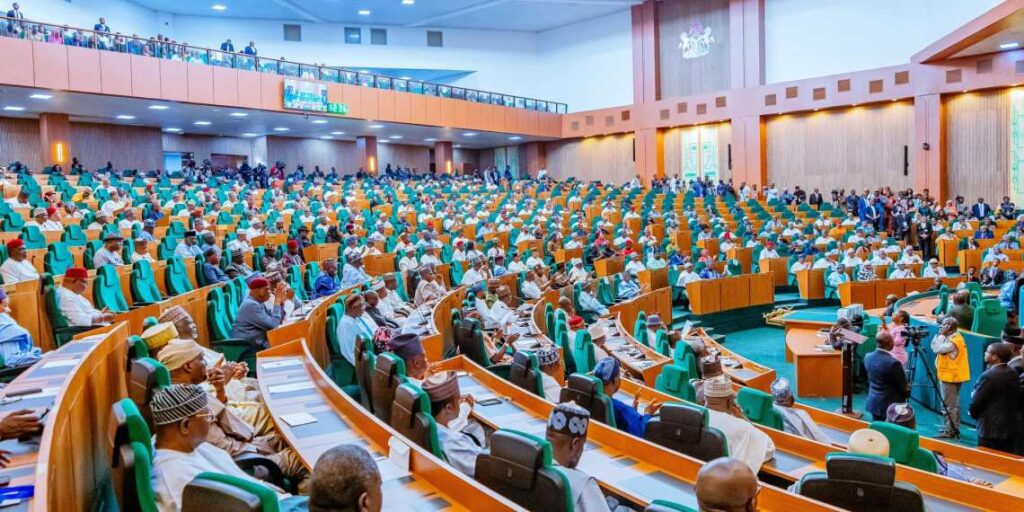By Titilope Adako

The House of Representatives has overwhelmingly approved President Bola Tinubu’s declaration of a state of emergency in Rivers State, following a period of escalating political turmoil and security challenges in the oil-rich region.
Background
The crisis in Rivers State intensified over recent months, marked by a deepening rift between Governor Siminalayi Fubara and state lawmakers. Tensions escalated when legislators initiated impeachment proceedings against Governor Fubara, accusing him of constitutional violations, including alleged illegal budget presentations and issues concerning the composition of the legislative chamber.
Compounding the political unrest, the state experienced a surge in pipeline vandalism, notably a fire outbreak on the Trans Niger Pipeline, a critical infrastructure for Nigeria’s oil exports.
The federal government criticized the state leadership for failing to address these security breaches effectively.
Presidential Intervention
In response to the escalating crisis, President Tinubu, on March Wednesday, declared a state of emergency in Rivers State.
This proclamation led to the suspension of Governor Fubara, his deputy Ngozi Odu, and all elected members of the State House of Assembly for an initial period of six months.
The President appointed retired Vice Admiral Ibokette Ibas as the military administrator to oversee the state’s affairs during this period.
House of Representatives’ Approval
Following the President’s declaration, a letter was sent to the National Assembly seeking formal approval for the emergency measures, as mandated by the Nigerian Constitution. During Thursday’s plenary session, lawmakers deliberated extensively on the President’s request.
Speaker of the House, Tajudeen Abbas, confirmed that “a total of 240 members were present for the session,” ensuring that a quorum was met before the vote.
The motion to approve the state of emergency was passed with overwhelming support, reflecting broad legislative backing for the President’s intervention.
Reactions and Implications
The declaration of a state of emergency and the suspension of elected officials have elicited mixed reactions.
The Nigerian Bar Association criticized the move as unconstitutional, arguing that an emergency declaration does not automatically dissolve or suspend elected state governments.
Additionally, a coalition of political leaders, including former Vice President Atiku Abubakar and former Kaduna State Governor Nasir El-Rufai, condemned the President’s actions, urging the National Assembly to reject the suspension of elected officials and calling on the judiciary to intervene.
Despite these criticisms, the federal government maintains that the emergency measures are necessary to restore order, address security challenges, and ensure effective governance in Rivers State.
KoikiMedia Bringing the World 🌍 Closer to Your Doorstep
